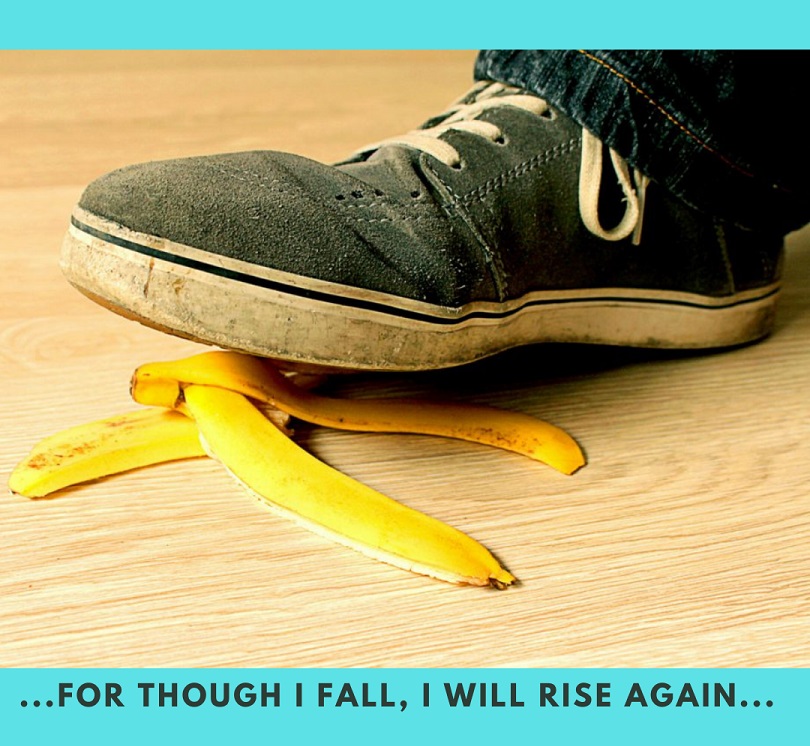I don’t need to introduce the year 2020 to anybody on planet Earth because the year has done a pretty good job of announcing its presence. The rich, the poor, the famous, the obscure, the healthy, the sickly, the employed, the unemployed and every possible group of people has felt the fangs of the year pierce.
For most people, it has been a year of losses, failures, pain and all the bad things that we would not even want our enemies to experience. It would make sense to say good riddance to 2020, but the lessons are also big. It would be worse if we do not learn from the failures of 2020. Remember, he who refuses to learn from history are destined to repeat it.
One of the greatest lessons of 2020 is building resilience in an environment where failure is inevitable. The year taught us that one can fail in almost any sector, and the most important skill is to be able to rise up when the fall comes.
It could have been a job loss, stalled academic programs, closed business or a general loss of income. This nearly affected everybody.
When Losing a Job is Worse than never being Employed
One of the observations was that sometimes, people who lose their jobs end up becoming worse than those who never had them in the first place. Why does that happen? Because people without jobs usually develop mechanisms to cope with very little incomes, while those with jobs don’t. The poor adapt to living in almost any environment but the rich rarely do that. When disaster strikes, it is those who were unprepared who are hit hard.
While many of them are able to rise up again given an opportunity like a new job, the period with no job or income hits people hard. Their mental health takes a big hit and almost paralysis them. This is because they are not able to survive in a state of reduced incomes. This affected many people in 2020.
Is it possible for one to be immune from such setbacks? It is, but it is not easy.
Learning to Fall from the Toddlers
There is no better place to understand how we should react to failure than from watching babies learn to walk. They start by learning how to stand, then walk while supported, before they can finally start walking without any support. The initial phase involves walking for a short distance, many times targeting to reach a support object a few steps away.
During this process, the baby will fall many times. I realized that one of the key skills that they master early is how to fall. They figure out how to fall forward and how to fall backwards, safely. With this mastered, they are free to fall anytime since they can fall safely. They no longer fear the fall, and can safely try out walking which comes with many falls, and needs persistent attempts in order to master.
That is how we all end up walking; a simple skill because we all have, but a very complex skills if you ask the engineers trying to make walking robots.
Building Resilience
Whatever 2021 holds, we must build skills that will allow us to rise if we fall. We need to figure out how to keep moving with reduced incomes, how to still operate when we are grounded, how to achieve the most even when health is failing, and how to identify new opportunities that can lubricate life when the going gets tough.
How we achieve this may vary from person to person or situation to situation, but is definitely necessary.



What do you think?